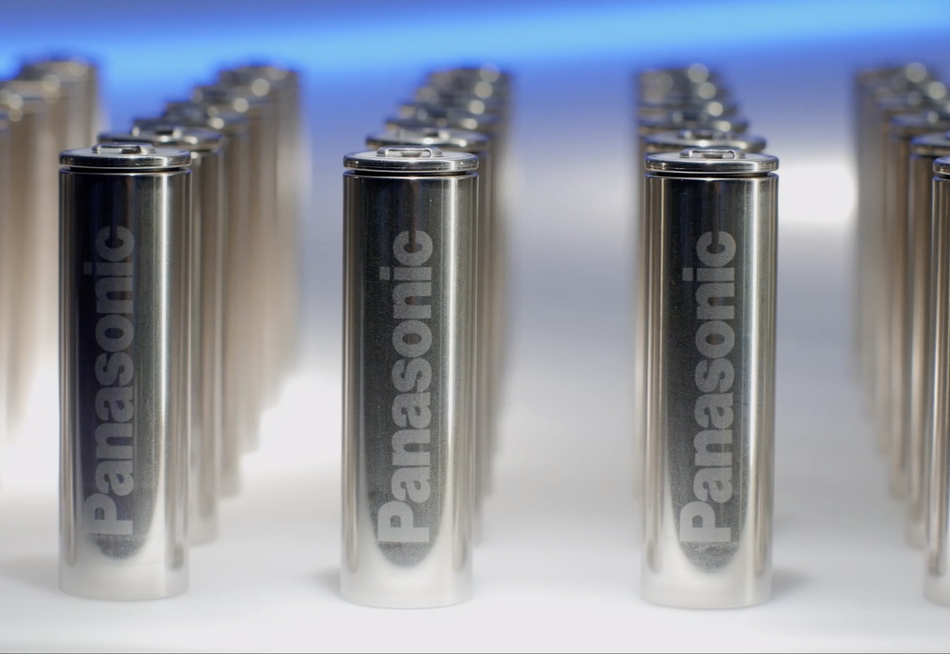According to foreign media reports, Japan’s Ministry of Industry said on August 31 that the country needs more than $24 billion in investment from the public and private sectors to develop a competitive battery manufacturing base for areas such as electric vehicles and energy storage.
A panel of experts tasked with developing a battery strategy also set a goal: to ensure that 30,000 trained workers are available for battery manufacturing and the supply chain by 2030, the Ministry of Economy, Trade and Industry said.
In recent years, companies from China and South Korea have expanded their share of the lithium battery market with the support of their respective governments, while companies from Japan have been affected, and Japan’s latest strategy is to revive its position in the battery industry.

Image credit: Panasonic
“The Japanese government will be at the forefront and mobilize all resources to achieve this strategic goal, but we cannot achieve it without the efforts of the private sector,” Japan’s Industry Minister Yasutoshi Nishimura said at the end of a panel meeting. .” He called on private companies to work closely with the government.
The panel of experts has set a target for Japan’s electric vehicle and energy storage battery capacity to reach 150GWh by 2030, while Japanese companies have a global capacity of 600GWh. In addition, the expert group also called for the full commercialization of all-solid-state batteries by around 2030. On Aug. 31, the group added a hiring target and an investment target of 340 million yen (about $24.55 billion) to those it announced in April.
Japan’s industry ministry also said on Aug. 31 that the Japanese government would expand support for Japanese companies to buy battery mineral mines and strengthen alliances with resource-rich countries such as Australia, as well as in Africa and South America.
As minerals such as nickel, lithium and cobalt become necessary raw materials for electric vehicle batteries, the market demand for these minerals is expected to increase significantly in the coming decades. To achieve its goal of producing 600GWh of batteries globally by 2030, the Japanese government estimates that 380,000 tons of lithium, 310,000 tons of nickel, 60,000 tons of cobalt, 600,000 tons of graphite and 50,000 tons of manganese are needed.
Japan’s industry ministry said batteries are central to the government’s goal of achieving carbon neutrality by 2050, as they will play a vital role in electrifying mobility and promoting the use of renewable energy.
Post time: Sep-02-2022